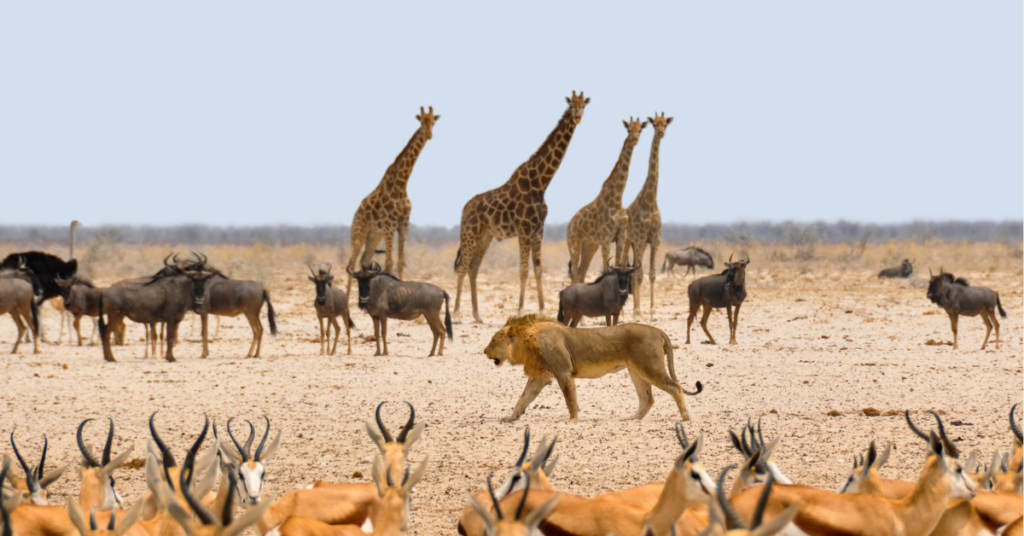
1. Critically analyze the role of animal behavior in the conservation and management of endangered species.
2. Investigate the complex relationship between genes and behavior, including the genetic basis of behavior and the influence of epigenetics.
3. Discuss the impact of environmental factors, such as climate change or habitat fragmentation, on animal behavior and population dynamics.
4. Analyze the ethical considerations surrounding the study of animal behavior, including the use of animal models and experiments.
5. Examine the role of animal behavior in understanding and predicting the spread of infectious diseases.
6. Evaluate the various theories of animal cognition and consciousness, and discuss the ethical implications of animal intelligence.
7. Discuss the mechanisms and adaptive significance of animal tool use, including examples of tool use in different animal species.
8. Investigate the phenomenon of animal culture and its implications for understanding animal behavior and social dynamics.
9. Analyze the intricate communication systems in social insects, such as bees or ants, and their implications for colony organization.
10. Discuss the role of animal behavior in the field of robotics and biomimicry, including the application of animal-inspired behaviors in engineering and design.